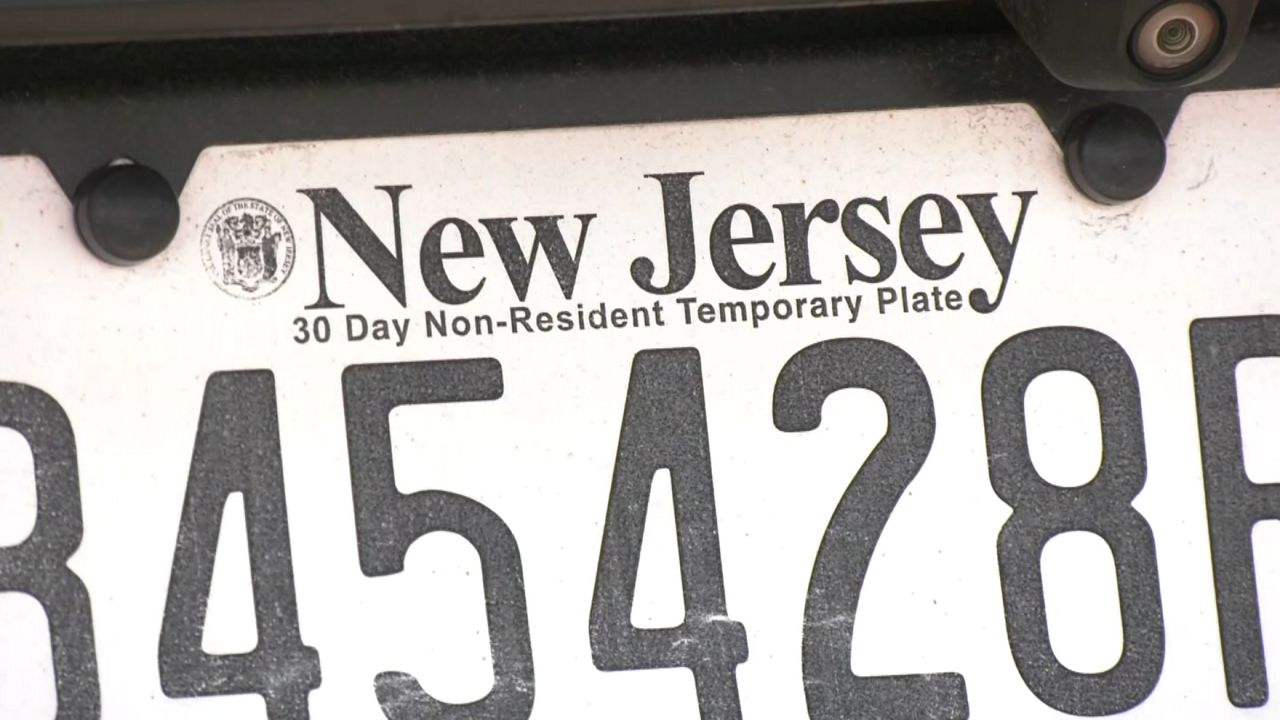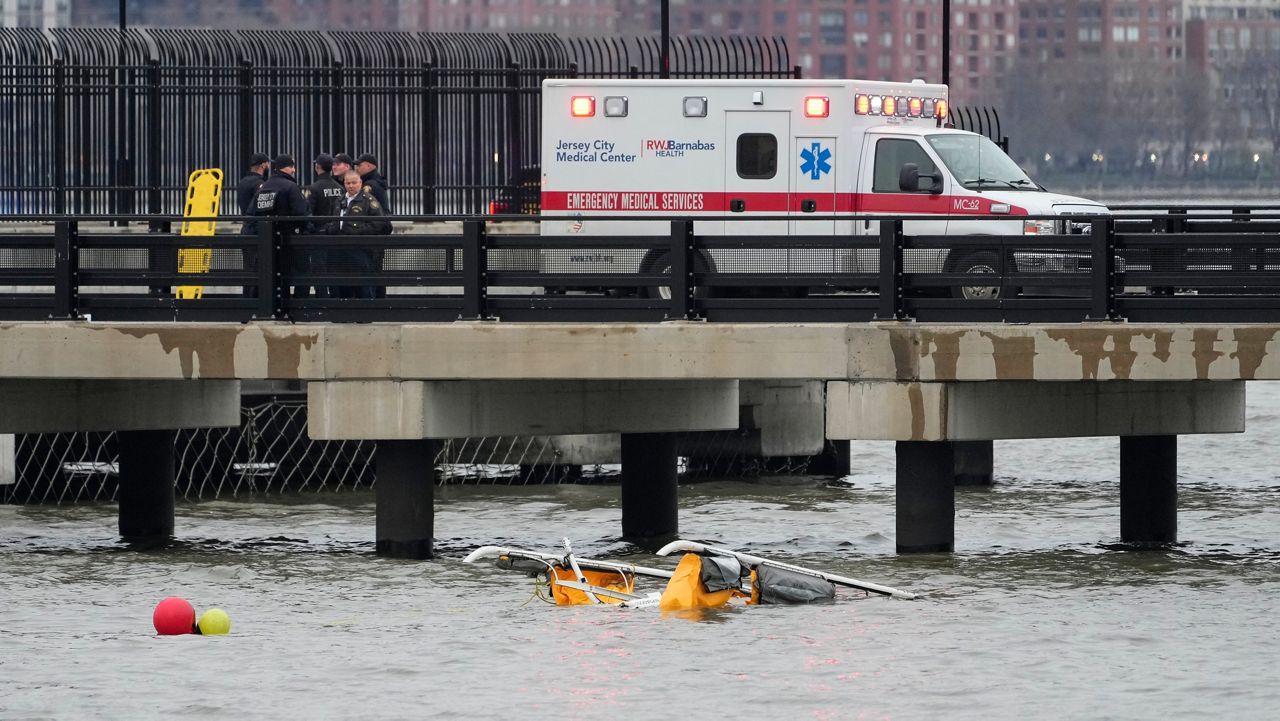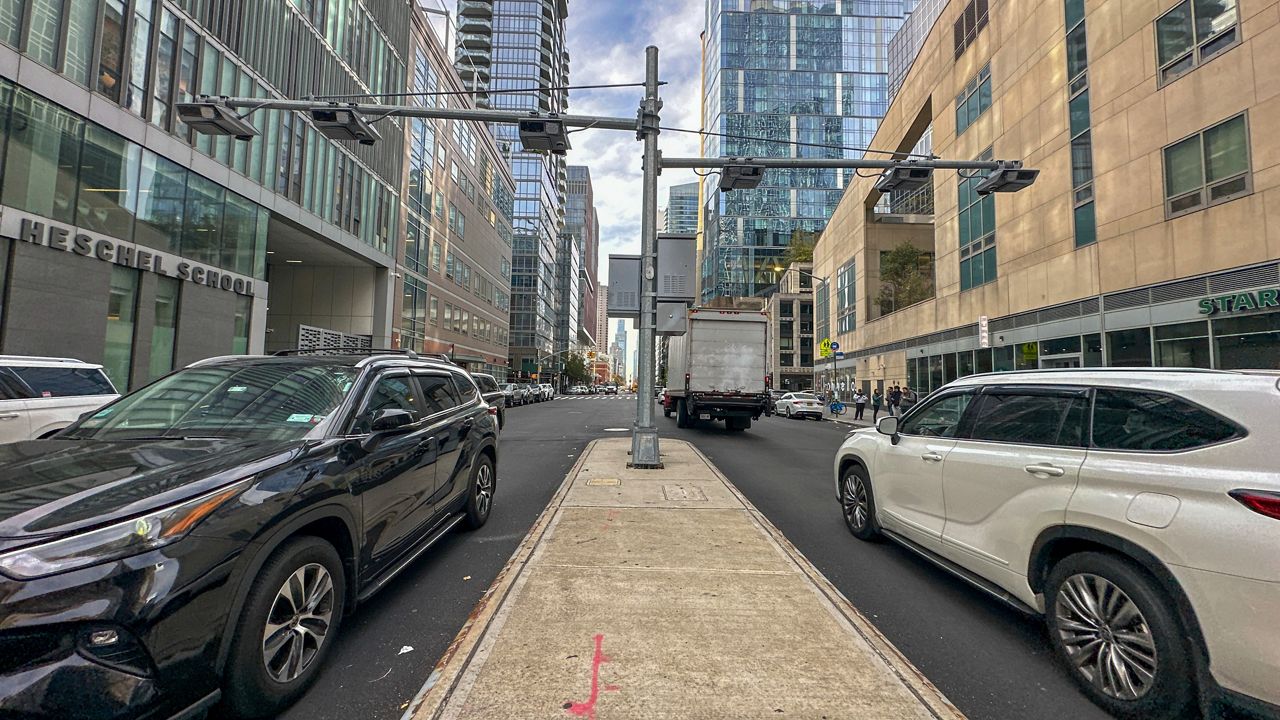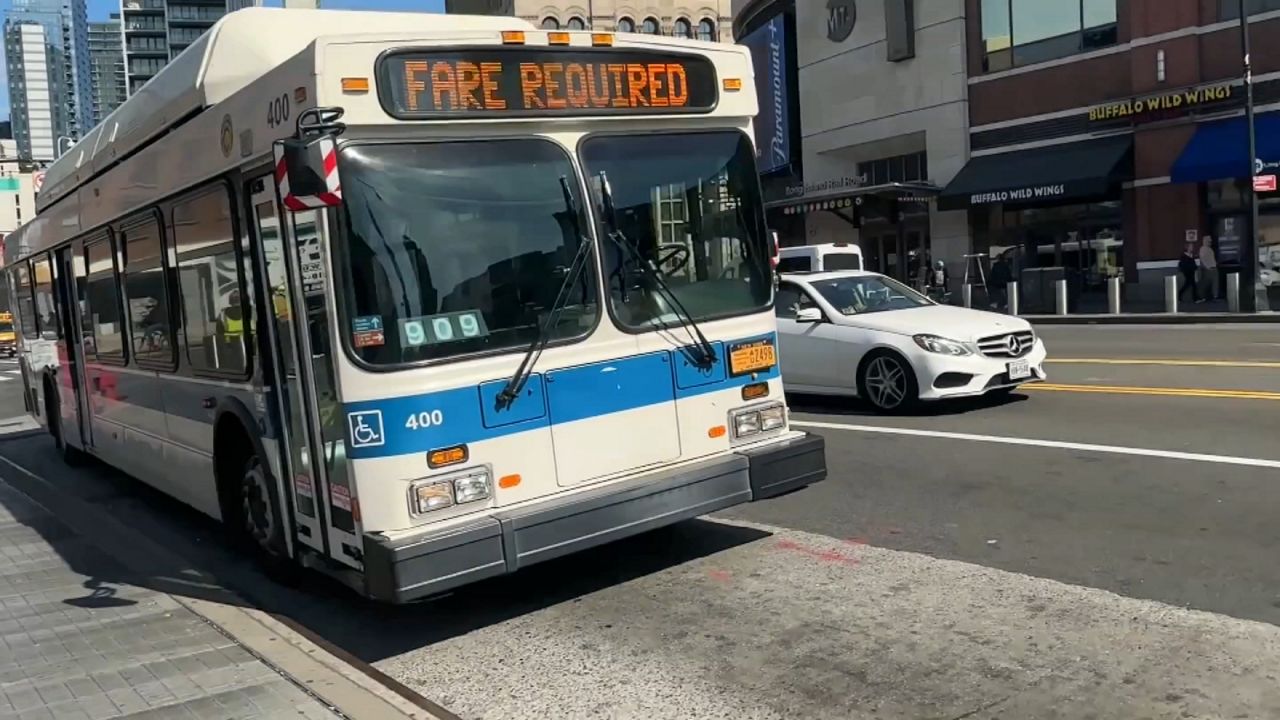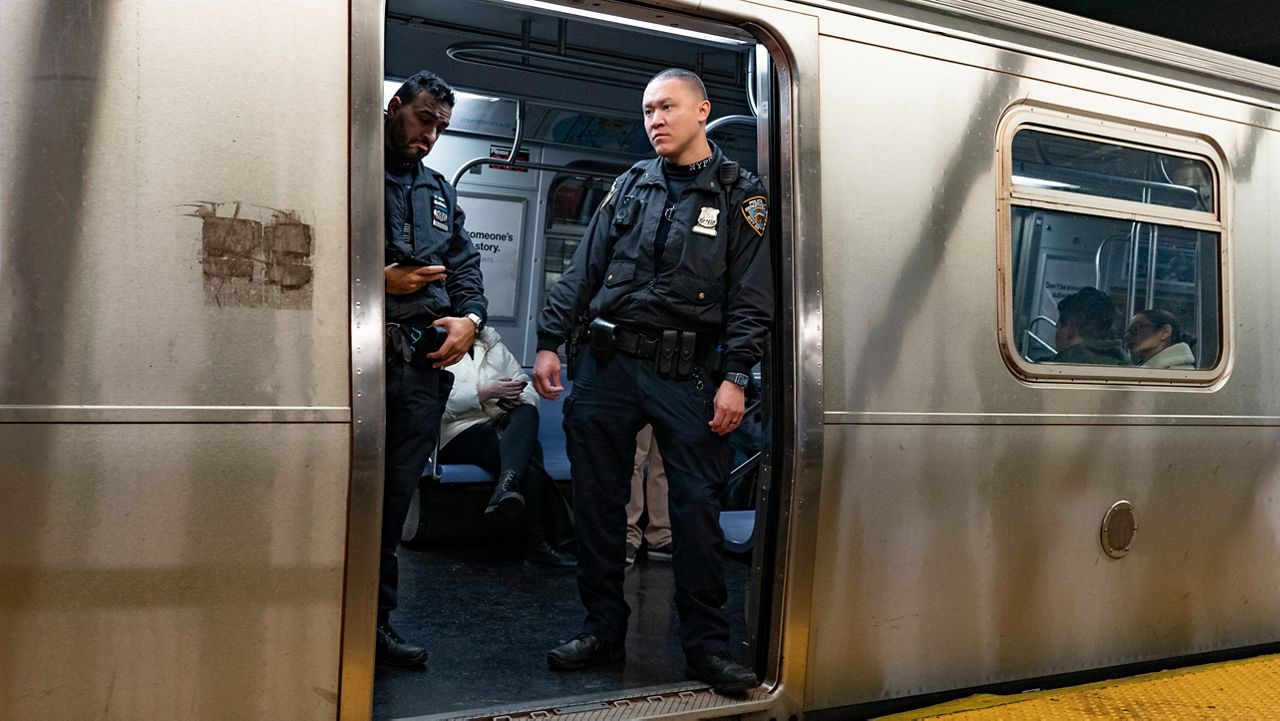Members of the group New Yorkers Against Congestion Pricing Tax rallied outside federal court, before they went inside as one of four plaintiffs hoping to stop congestion pricing before its January start date.
While most of the arguments in three of the suits were already rejected, some claims are still left to be decided.
“We ask the judge for urgency because once the switch goes on Jan. 5, it will hit every day New Yorkers’ pocket and their pocketbook,” Susan Lee, one of the founders of the group, said. “And one of the things that I want to point out is that it isn’t only going to affect those that reside in the zone, it will hurt everyday New Yorkers. Your cost of goods and services will increase.”
Demonstrators claimed the toll will hurt areas that are already suffering economically.
“This regulation should’ve complied with doing a financial impact statement, specifically the impact it will have on small businesses, workers in the area,” said former state judge and Councilmember Kathryn Freed, who is also part of the group. “They didn’t do that.”
In that suit, as well as the ones from Staten Island, some elected officials and the teachers’ union claim the tolling plan will increase air pollution in certain areas — not make it better — as vehicles try to avoid the toll.
“New York State has a constitutional amendment that says that it has to protect the environment,” Alan Klinger, who is representing the plaintiffs in that suit, said. “And it doesn’t say to protect the environment for the areas where richer people live as opposed to neighborhoods where the poorer, working-class people live.”
But federal judge Lewis Liman seemed skeptical of that argument, suggesting congestion pricing did more good for more people.
Meanwhile, the trucking association’s case had yet to be tried, but among its arguments is that the toll violates the dormant commerce clause of the constitution by hindering interstate commerce. New York’s lawyers cited case law that showed, because Congress authorized the congestion pricing program, it was immune from that challenge. The MTA is confident it won’t have to stop the toll.
“Are we changing our behavior, our strategy, our execution? The answer is no,” MTA Chair and CEO Janno Lieber said at an unrelated press conference.
One of the MTA’s lawyers’ arguments against a preliminary injunction is there will be no irreparable harm if the tolls go ahead as scheduled. Drivers can easily be refunded later, they say.
There is no word yet on when a ruling will come.
Meanwhile, another judge will make a decision on a motion from Rockland County in its suit against the plan Monday. A decision is also still pending in the New Jersey case after settlement talks between New Jersey and New York broke down.






_Dnt_MTA_Fare_Gates_Clean)
